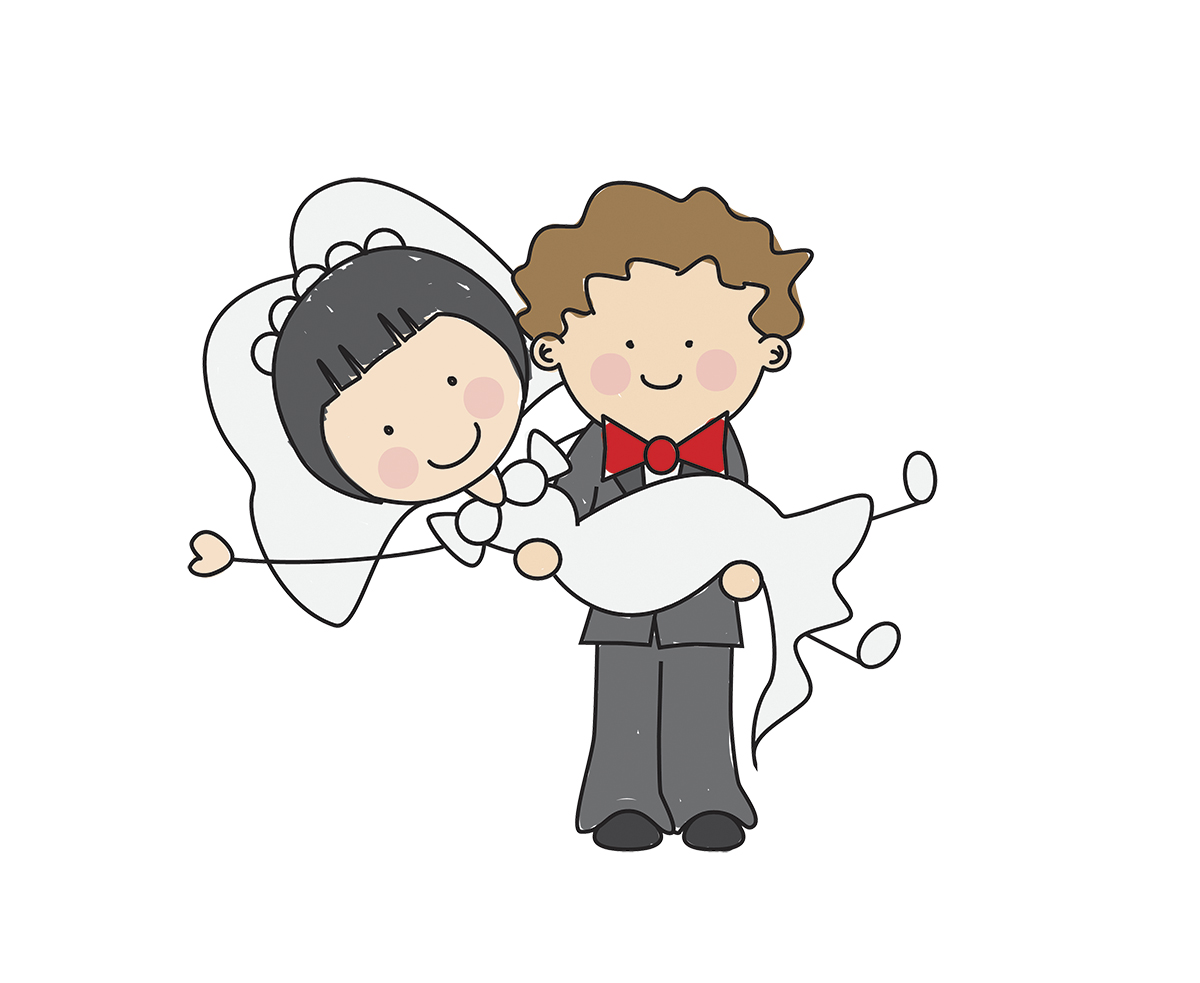WRITER | SARAH SPOHN
Reduce, Reuse, Recycle. It’s a phrase we’ve all heard before, but just how efficient is your recycling? Here are some tips on ensuring the best practices for safely and properly recycling items. Granger Waste Services provides waste hauling, disposal, and recycling services to commercial, residential, and industrial customers in the greater Lansing area. Charles Hauser, Granger’s community relations coordinator, has presented programs on residential recycling tips for the past two years.
“Through social media, websites, guidelines, presentations, and other educational opportunities, we and many others are trying to help create a clean and robust recycling stream,” Hauser said.
Since each city or county might have different lists of permitted recyclable items, it’s important to check locally for what items are allowed or prohibited. Hauser spoke about Granger’s single-stream recycling, meaning that newspaper, cardboard, plastic, aluminum, and junk mail are all placed into a single cart for recycling. The material is sent to centers where it is sorted, and the sorted materials are sent to end-users to be manufactured into new products.
Hauser noted some common mistakes people make while recycling. It’s important to break the cardboard down so it is flat and not include greasy pizza boxes. “It makes it easier for the end-user, and it makes it easier for us to bale it,” he said.
Another common mistake made by consumers is putting recyclables into plastic bags. “A lot of people will do a great job recycling, but then they’ll put it in a trash bag, which can’t be recycled,” Hauser said. That trash bag is considered a tangler item and can destroy equipment used to sort materials. It also poses a safety risk for employees. “The workers don’t know what’s inside – it could be recyclables, it could be trash, it could be something that could hurt them,” he said. “We don’t want people ripping open those bags and dumping that stuff out since we don’t know what’s in it.”
Plastic grocery bags are another item that should not go in your curbside recycling bin. Local grocery stores usually have agreements with a company that can recycle grocery bag material. While different cities and states have their own guidelines, at Granger, a commonly overlooked prohibited item is the freezer meal box. “Depending on the manufacturer, it can have a wax coating or a plastic coating within the cardboard,” Hauser said. “That prevents the cardboard from breaking down when you put it in the freezer and keeps the contents dry. Unfortunately, the wax and plastic don’t break down the way the cardboard does. It’s considered a contaminant that’s within the material, and that’s one of the reasons we don’t take it.”
The most common recycling mistake? Tossing cheesy, greasy pizza boxes in recycling bins. “This is one a lot of people don’t know about,” Hauser said. “It is contaminated. One of the biggest issues we have with recyclables in this state – even in the nation – is just how much trash or food is left in or on recyclables.” Clean portions like the tops of pizza boxes can be ripped off and thrown into the bin, but not the part that comes in contact with the food.
Other nonrecyclable items include straws, plastic silverware, and sandwich bags, although some facilities can recycle Styrofoam takeout cups and containers. Pool covers, yard equipment, large plastic toys, and carpet are also usually prohibited items for bins.
Granger recycles nearly 52 million pounds of recyclables through its facility every year, something Hauser said is very important to continue moving forward. “These products can actually be turned into new products,” he said. Cardboard is frequently turned into more cardboard, wavy layers placed between boxes, kitty litter, or another in-demand product. “Something that’s much needed at this point, due to the pandemic,” Hauser said, “is toilet paper, and recycled cardboard can become toilet paper.” Boxboard in cereal, snack, or toothpaste boxes is often made into new boxboard or puzzle pieces.
Plastic water bottles may become carpet, backpacks, sleeping bags, or even clothing. Milk jugs and laundry detergent bottles are transformed into playground equipment. Margarine tubs or yogurt containers can result in toothbrushes and razors. Newspapers and magazines become insulation, wrapping paper, takeout containers, and tray liners. The variety of uses for recycled materials is astounding.
Just remember to always:
- Break down cardboard so that it is flat
- Rinse/wash cans, bottles, and containers
- Remove stickers, strings, and plastic viewing windows from paper envelopes
- Do not place recyclables inside a plastic bag
If you’re ever in doubt about an item, contact your garbage company or recycling center for clarification.








